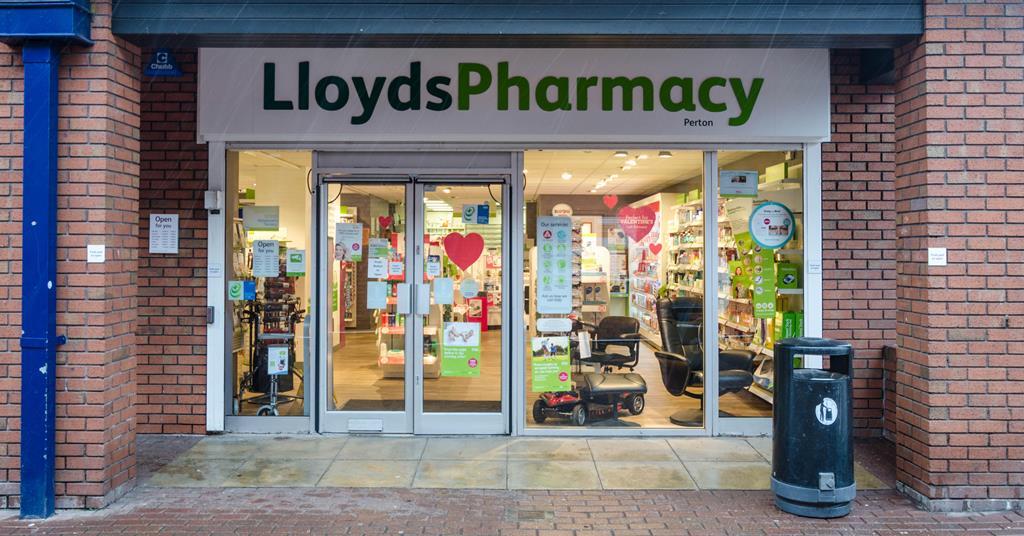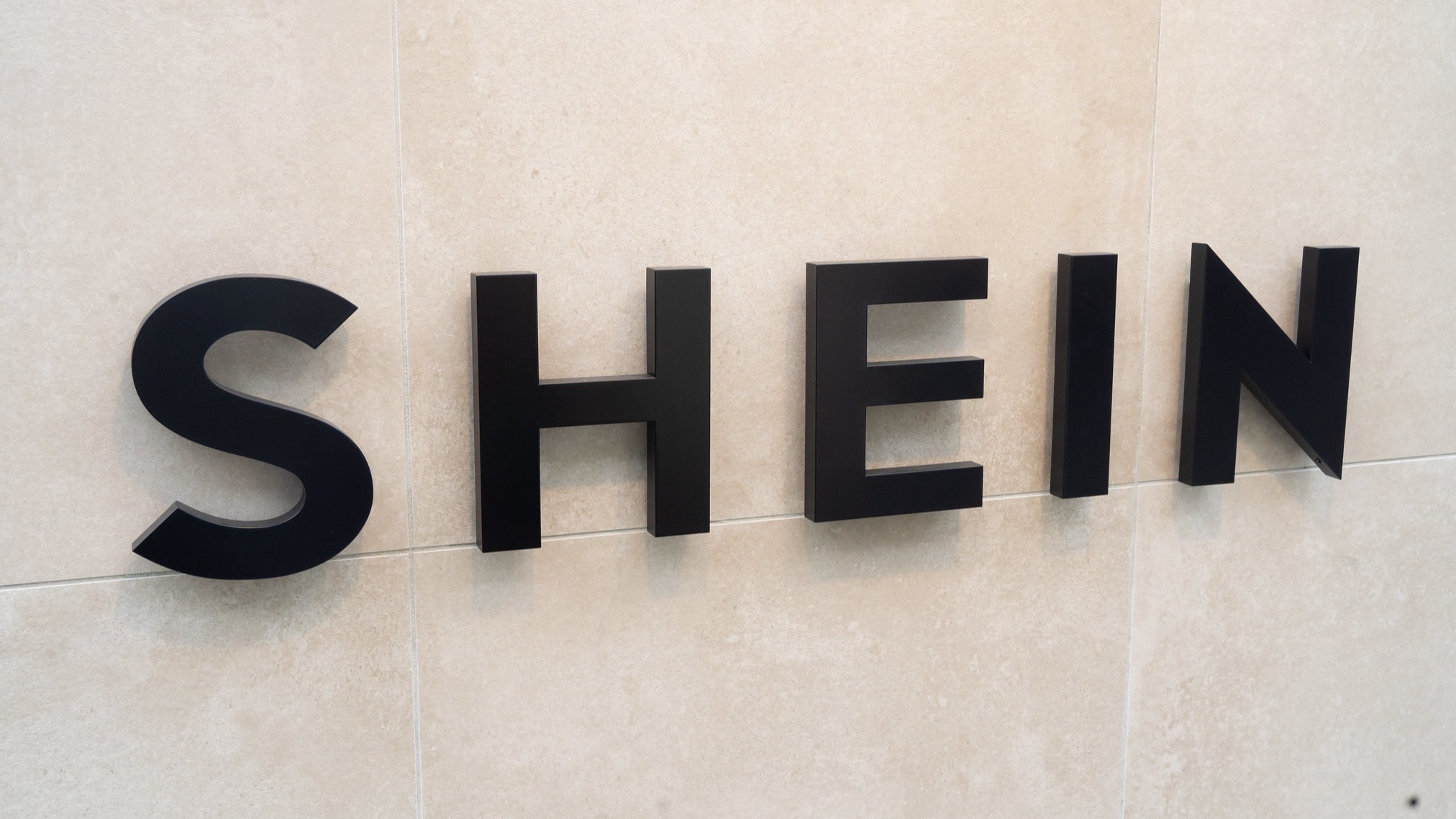L’Oréal has joined forces with IBM to develop a custom AI foundation model designed to unearth new insights in cosmetic formulation data to facilitate the use of sustainable raw materials for energy and material waste reductions.
The beauty and cosmetics giant, which is the largest in the world, said that it believes the foundation model is a "first-of-its-kind" for the industry.
The development of the new AI model will use a large number of formulations and component data points to speed up multiple tasks, including the formulation of new products, reformulation of existing cosmetics and optimisation for scale-up production.
It added that the move would significantly increase the ability of its 4,000 researchers to “reach extra performance and consumer satisfaction” over the next few years.
As part of the new partnership, IBM will also help L'Oréal "rethink and redesign" the formulation discovery process.
The cosmetics brand said that this will improve its understanding the behaviours of renewable ingredients in cosmetic formulas, enabling it to build out more sustainable product lines with greater inclusivity and personalisation.
“As part of our digital transformation programme, this partnership will extend the speed and scale of our innovation and reformulation pipeline, with products always reaching higher standards of inclusivity, sustainability, and personalisation,” said Stéphane Ortiz, head of innovation métiers & product development, L’Oréal Research & Innovation.
L'Oréal said that the new model will contribute to helping it meet its L’Oréal for the Future’s target of sourcing most of its product formulas based on bio-sourced materials and the circular economy by 2030.
“Building on years of unique Beauty science expertise and of data structuring, this major alliance with IBM is opening a new exciting era for our innovation and development process”, said Matthieu Cassier, chief transformation & digital – L’Oréal Research & Innovation.
Latest News
-
Tesco makes ‘significant strides’ on safety through body worn cameras
-
Flying Tiger Copenhagen appoints new group chief executive
-
Walgreens cuts over 600 jobs after buyout
-
Mango opens first store in Limerick as part of expansion plan
-
eBay and Etsy to buy Depop for $1.2bn
-
REWE opens automated fresh food facility to serve Berlin outlets
Beyond Channels: Redefining retail with Unified Commerce
This Retail Systems fireside chat with Nikki Baird, Vice President, Strategy & Product at Aptos will explore how unified commerce strategies enable retailers to tear down these barriers and unlock new levels of operational agility and customer satisfaction.
The future of self-checkout: Building a system that works for consumers and retailers
In this webinar, industry leaders discussed what the future of self-checkout looks like and how retailers can make the technology work for everyone.
© 2024 Perspective Publishing Privacy & Cookies










Recent Stories